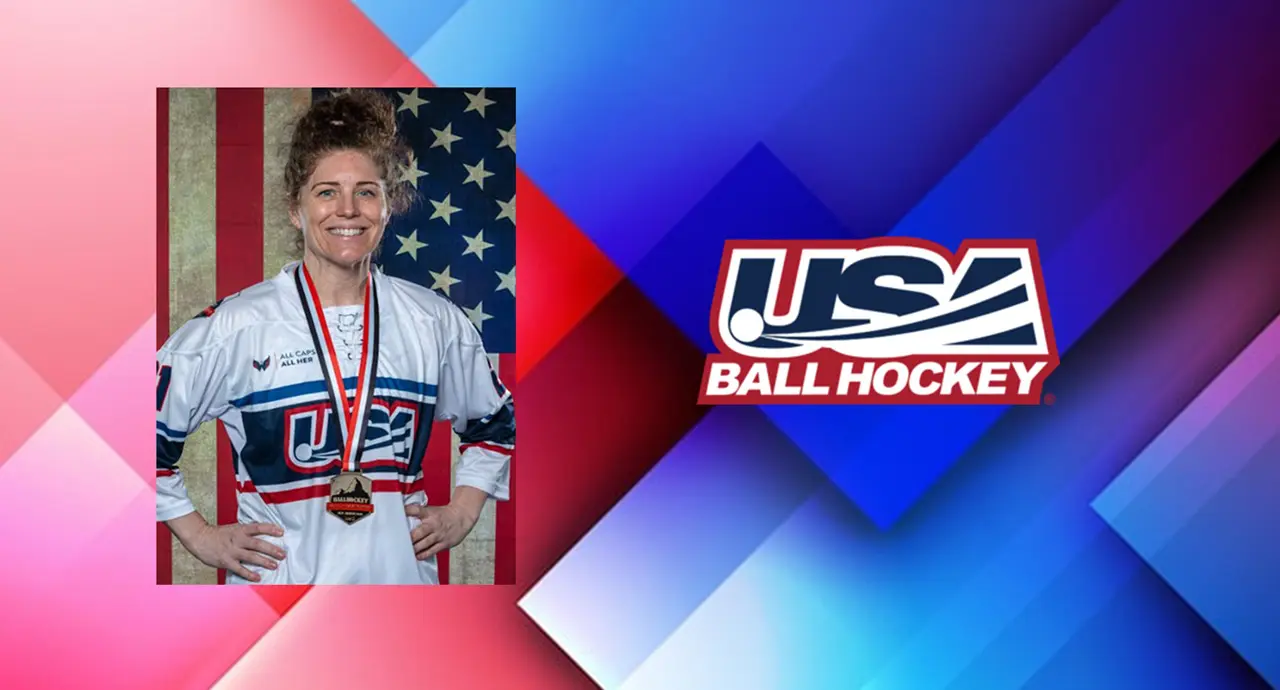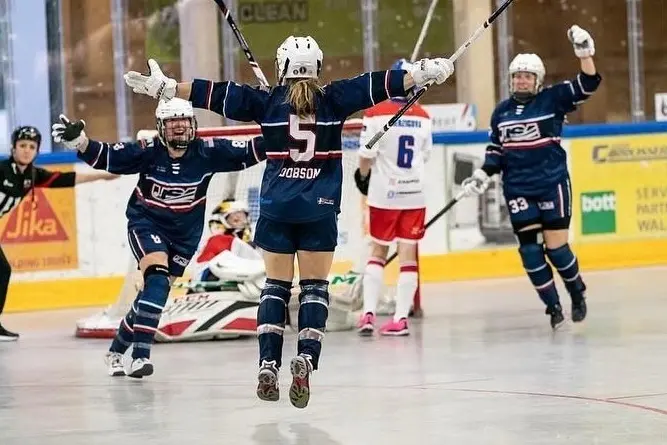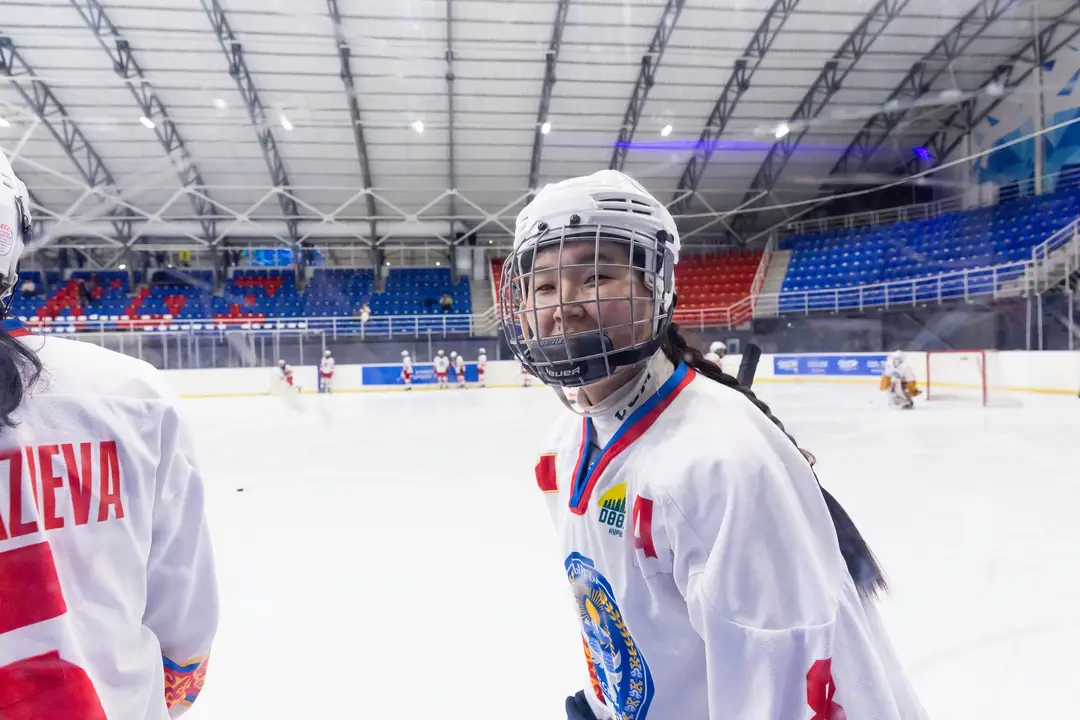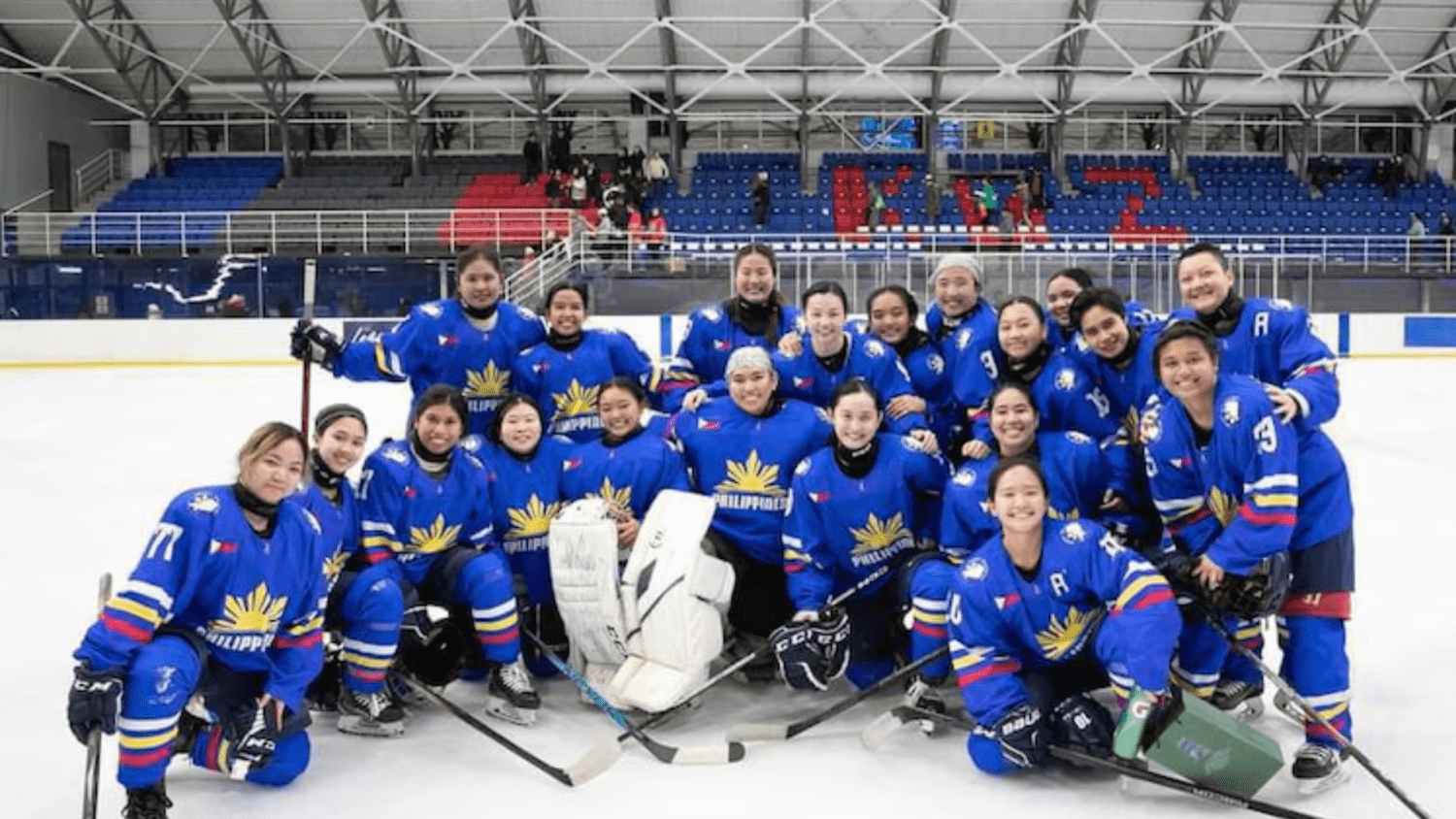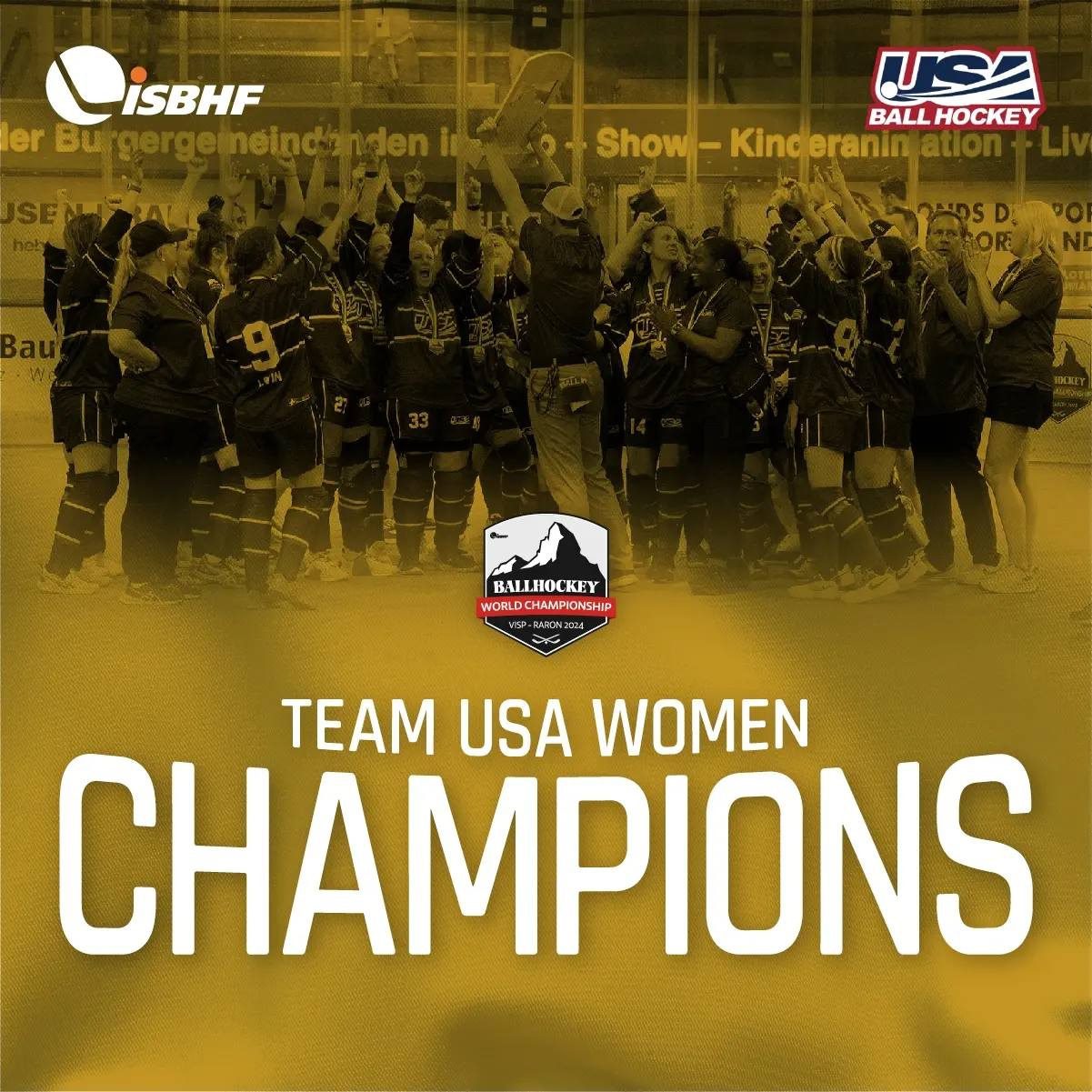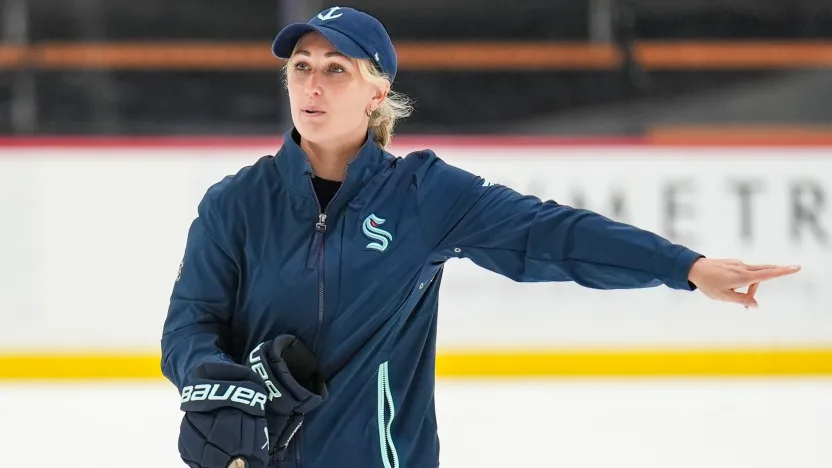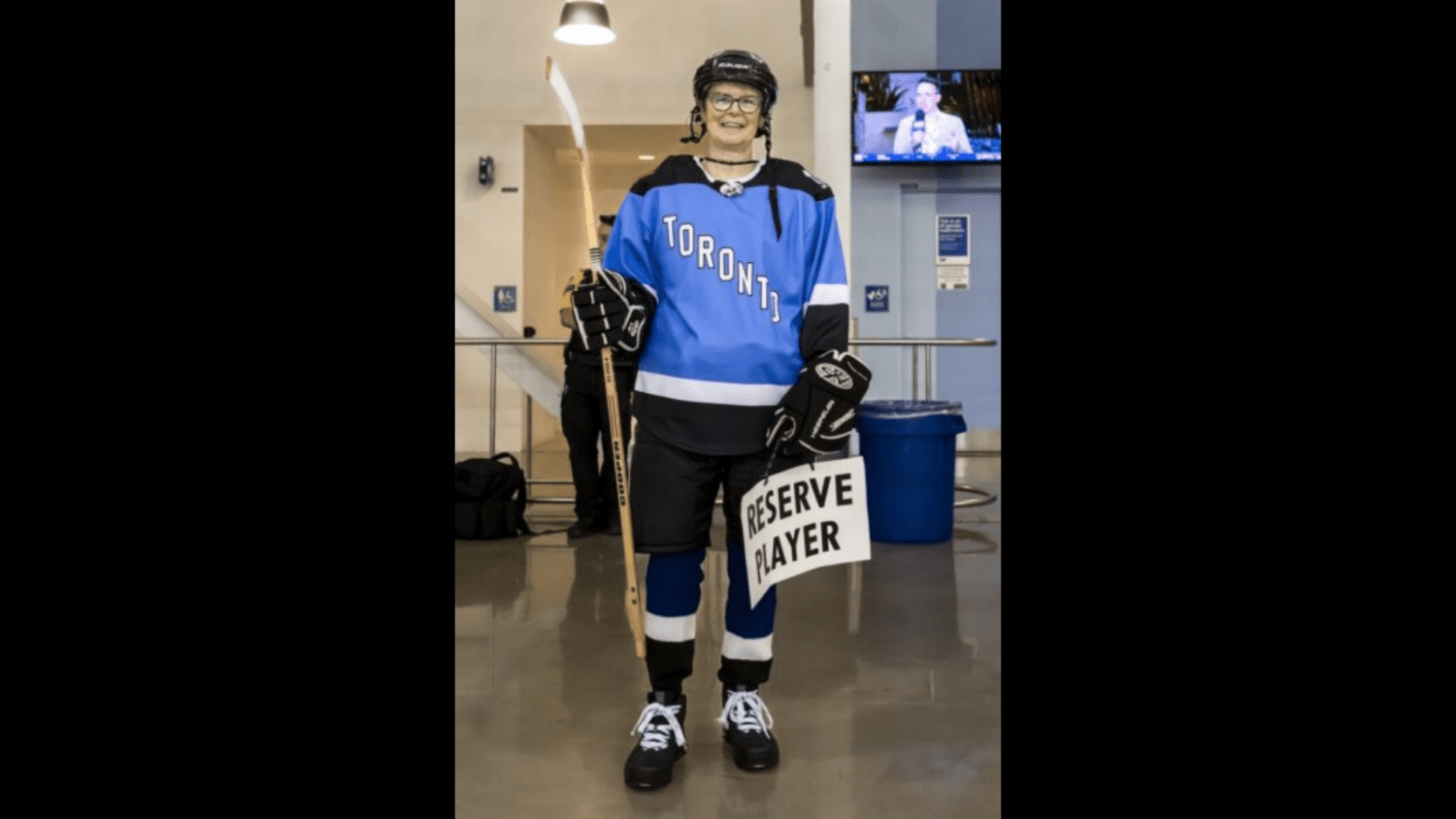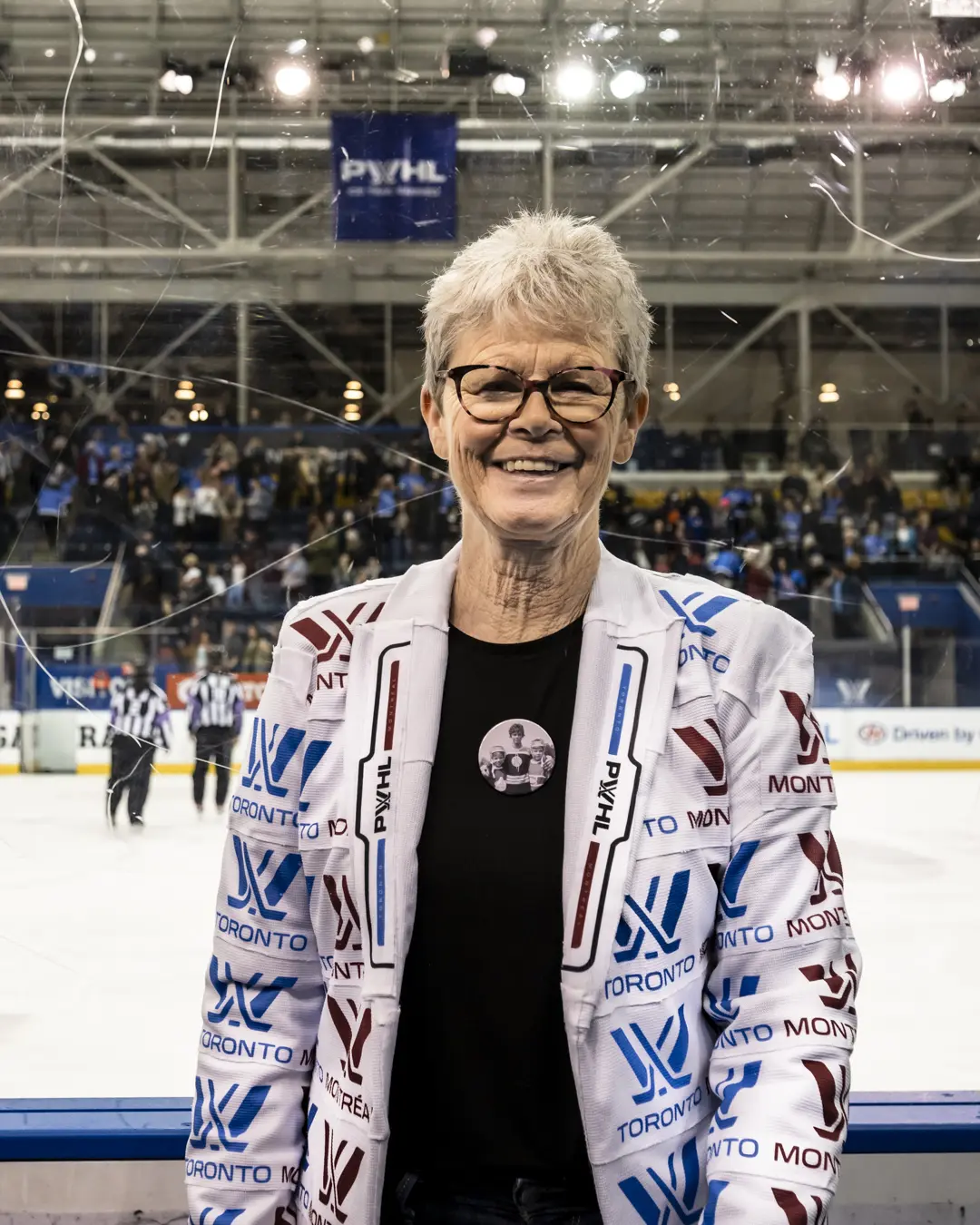It may come as no surprise that in the world of hockey at any level is lacking diversity in a variety of categories. While there are more programs and initiatives being put into play to help change hockey culture and ensure it is a sport for everyone, it is not enough. These programs have good intentions, but in order to implement true change, there needs to be representation in order for the sport to be more inclusive. Without representation that showcases diversity, how is it possible for the next generation to see that hockey is a sport for everyone?
Current Professional Women’s Hockey Player Association member and former CWHL player, Jessica Platt, who identifies as a transgender woman, is now an active member in the hockey community on and off the ice. Platt understands the need for visibility and representation and in the recent 2021 Hockey Conference, she harped on the importance of having representation and the need for allies to be supportive as well. Both representation and supportive allies go hand in hand when it comes to changing the hockey culture and Platt symbolizes that by being a transgender advocate as well as an ally.
In the sport of hockey, there are not many transgender women who are openly playing at the professional level. As we look to the future of the ideal inclusive hockey environment, Platt feels there are some key aspects that can change now to help cultivate change.
WHL: What do you think needs to be done for trans athletes to be accepted into sports on all levels?
Jessica: “I think for trans athletes to be accepted into sports at all levels we need to do a better as a society of being accepting to those who have different experiences and to learn from them. People need to be willing to learn about new things with an open mind and change their minds based on the information provided instead of seeking out information that confirms their problematic views and ignoring the rest. I personally have found that many people who are against trans athletes in sports are also the ones who attack and demean trans and gender non conforming people in general. Many use the trans athlete “debate” as a way to attack people who are trans and debate the validity of their existence.”
WHL: What type of resources do you think are helpful for people to understand the trans community better?
Jessica: “I think looking at the stories of trans people, and listening to their experiences can be very powerful in helping people understand the trans community. When people can feel like they know a trans person they humanize them and it should then be harder to discriminate against them. Another important tool is to use Google and get educated about trans people and their struggles, it shouldn’t always fall on an individual who is trans to do all the educating when many just want to live their lives. Do your research, be aware of where you get your information from(to avoid specifically transphobic sources) and come at it with an open mind willing to learn something outside your experiences. Above all, remember we are all humans so treat trans people with the respect and dignity you would want to be treated with. ”
WHL: What is your advice to young athletes who are facing any type of adversity right now in their athletic careers?
Jessica: “Keep pushing through, there are always going to be people who tell you that you can’t, shouldn’t, or don’t deserve to do something unfortunately. They want to bring you down and want to see you fail because of their own prejudices. Try to find the people who will lift you up and help you achieve your dreams, these are the people who matter and will help you to succeed. If you work hard, you can achieve anything you set your mind to.”
WHL: Where do you hope to see professional women’s hockey in the next 5 years?
Jessica: “In the next five years I hope to see professional women’s hockey. Period. I say this because I want to see it all over the place. I want it talked about in the news, talked about often on social media, shown on mainstream TV, analyzed and respected like the men’s game is. I want the athletes playing to be able to do this as their full time job instead of evenings and weekends on top of their 40 hour a week job. I want them to be able to train and put their everything into creating the best product possible like the men’s pro players can. You can’t do that when 40 hours of your week at least are spent at another job and you have to worry about how you’re going to make ends meet. Not only that, but being given the resources to help them do this too. I want professional women’s hockey to be treated for what it is, the best of the best playing at their absolute best. ”
Connect with Jessica:


Feature Image via Instagram c/o Jessica Platt
[adrotate group=”1″]
Related Articles
Categories
Recent Posts
[adrotate group=”2″]

